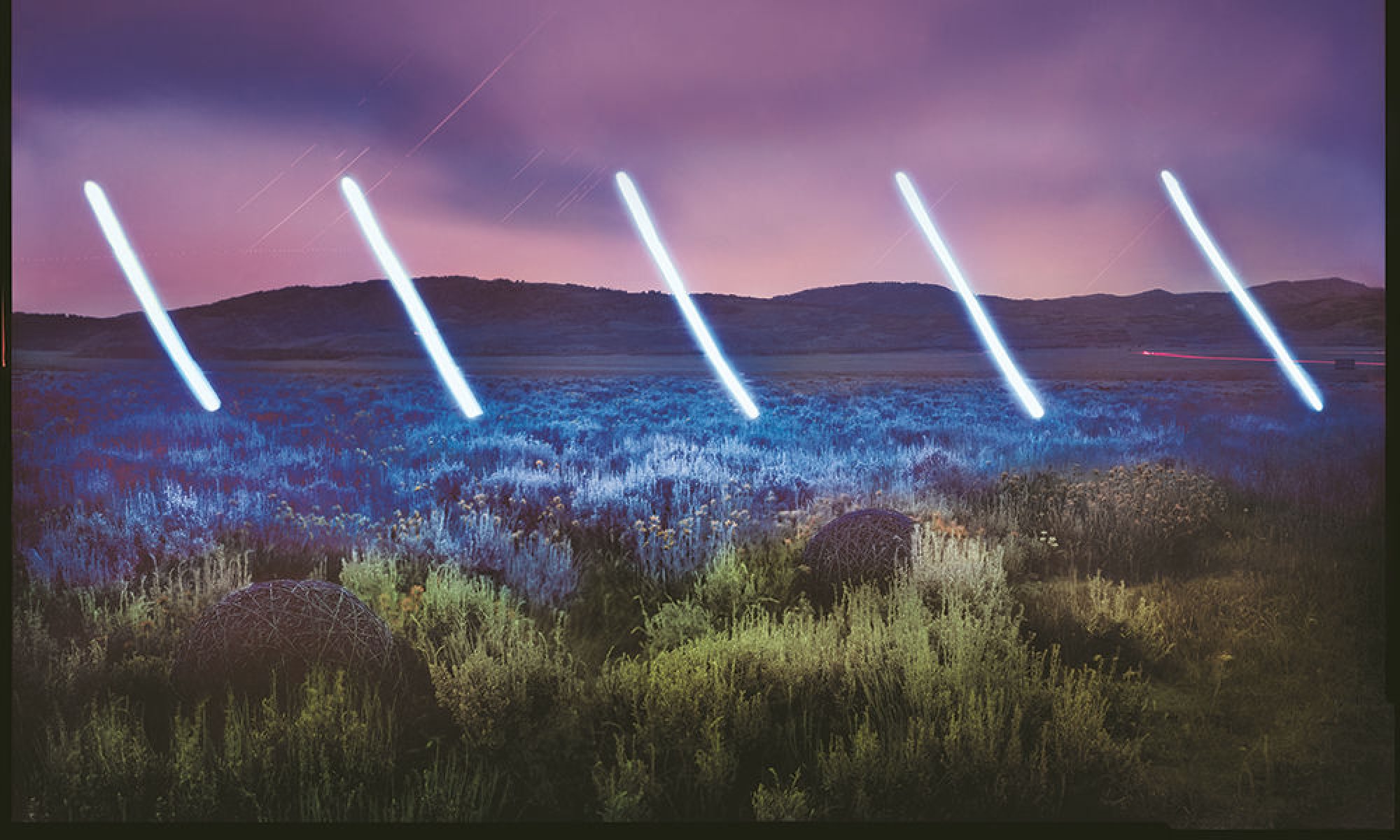“This is such a crazy time of year!” said every UBC MFA student, at every time of year. Will things ever calm down?! It seems like they won’t. It’s hard to maintain a creative practice at times like these! The only thing to do is … keep going.
Austin Kleon’s latest book, Keep Going, offers tips on doing just that … maintaining a creative practice even when your head is spinning with your endless to-do list. Here are a few takeaways from this tiny, inspiring book! (Kleon also has a newsletter, which you can sign up for here.)
- Kleon starts out with the same advice that we’ve all received 1000 times, and that most of us have a very, very hard time sticking to: FIGURE OUT A DAILY PRACTICE, already, and consider every day a fresh chance to stick to it.
Most likely, you’re a writer because writing offers you a way to derive meaning from this confusing, difficult, unpredictable life. As Kleon says, “The only thing we can really control is what we spend our days on. What we work on, and how hard we work on it.” As Oprah would say, “This very moment is the only one you know you have for sure.” And as the cast of Rent would say, “No day but tooooooooodaaaaaaaaay!”
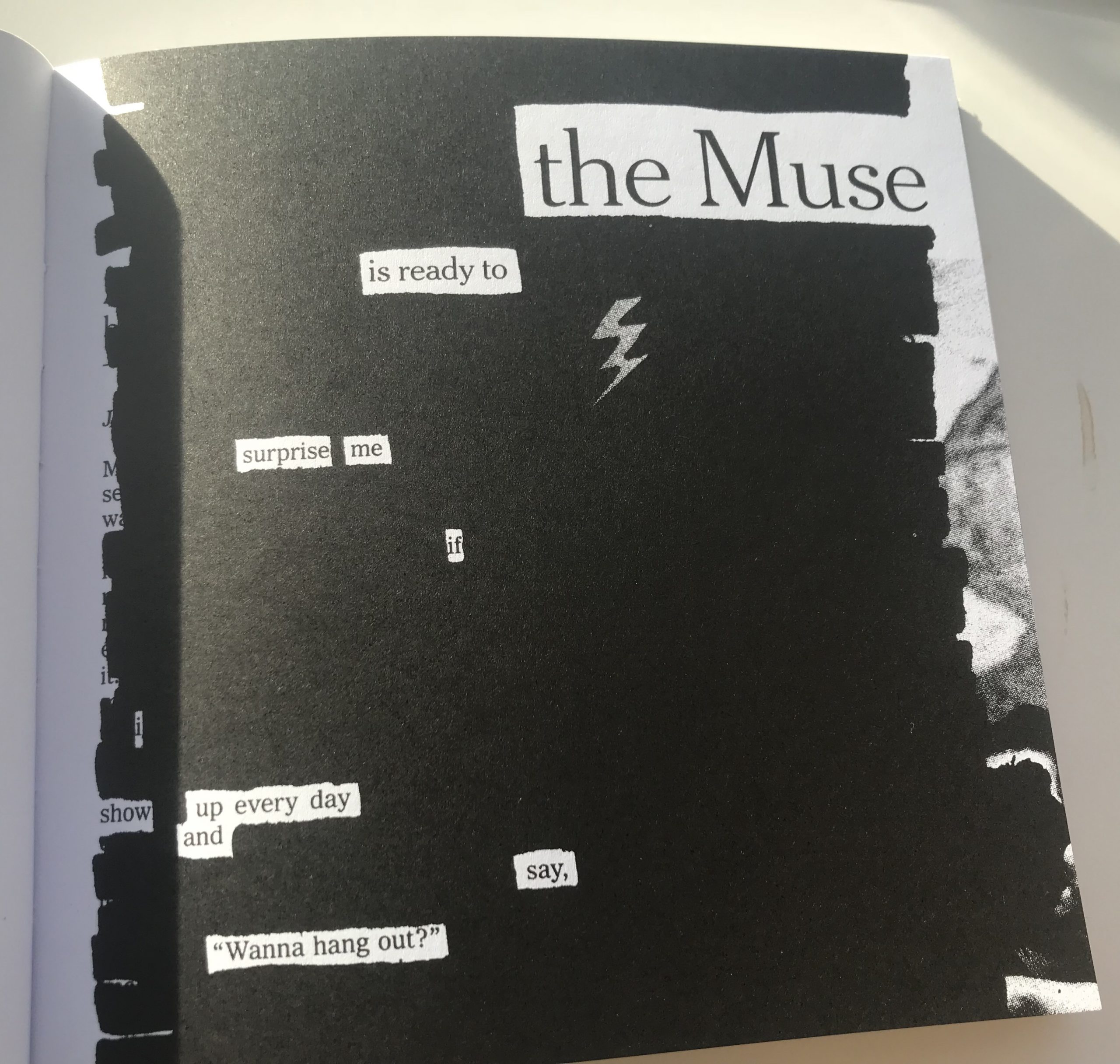
“the Muse is ready to surprise me if I show up every day and say, ‘Wanna hang out?’”
2. Create a “bliss station” … a magic space AND / OR a magic time when you can get work done. Your magic time could be the early morning (a time many writers swear by, when minds are fresh and emails haven’t yet started piling up in your inbox), the late night, or anywhere in between. And your magic space could be your desk, kitchen, table, or a favourite coffee shop … but wherever and whenever it happens, the bliss station is a space where your creative work takes priority.
This is mine:
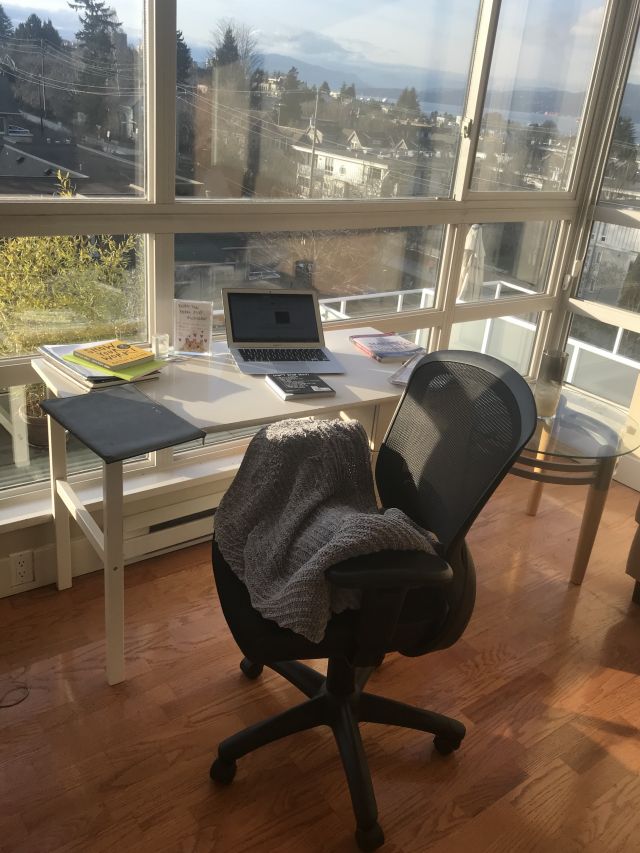
3. In Kleon’s words, “Forget the noun, do the verb.” So … forget about “being a writer.” Just write. And be at play in your work as much as you can.
Remember the way you wrote in high school, or even earlier? Think back to that very first poem or story. You probably weren’t worried about what your peers or teachers would think, about whether your work was publishable, about whether you were somehow embarrassing yourself. Back then, the work didn’t even feel like work — it felt like play. So do what you can to recapture that magic now. This could mean seeking out new experiences and materials … write in rainbow markers, make a collage, cut up the words and rearrange them. See what sparks. Teaching undergrads can also help you connect with that magical creative bubble … when you’re marking, see if you can remember what it felt like to write a story / poem / script for the very first time.
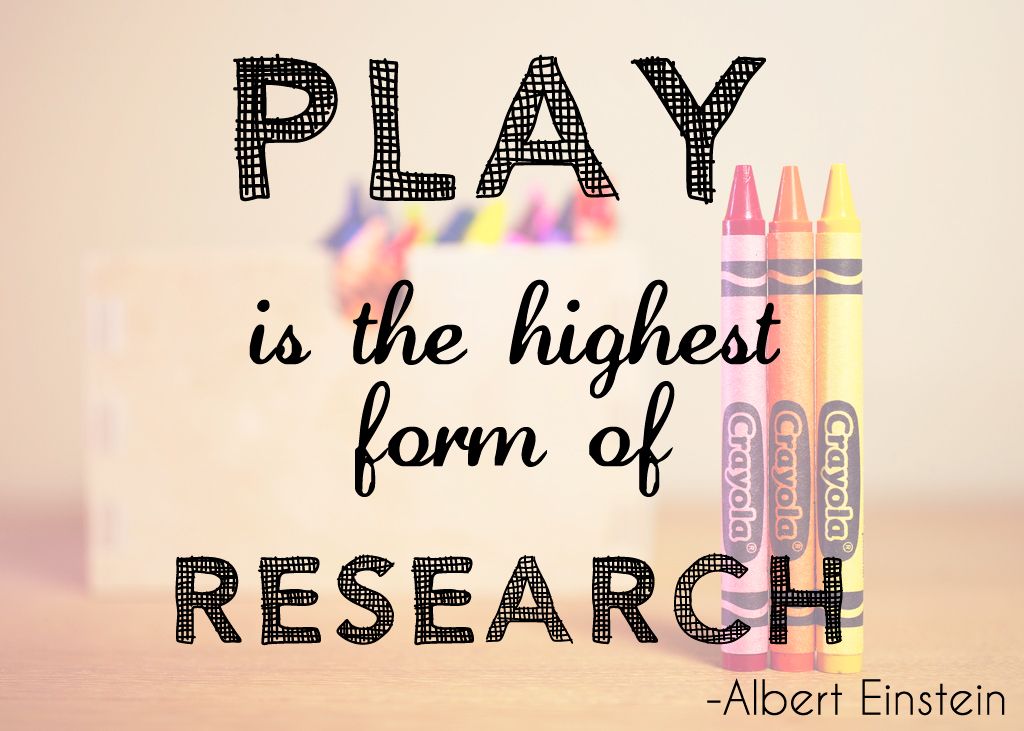
4. Make gifts.
Kleon makes three points here.
i. Protect your valuables. I’ll share this quotation, which MIGHT BE CONTROVERSIAL: “When you start making a living from your work, resist the urge to monetize every single bit of your creative practice. Be sure there’s at least a tiny part of you that’s off-limits to the marketplace. Some little piece that you keep for yourself.”
ii. Ignore the numbers, aka the online metrics of engagement with your work. Forget counting the likes on your tweets! Write more poems (or stories, articles, songs …) instead! Think less about quantity (of faves, shares, sales) and more about quality … you are the only one who knows whether you’re producing your best work, so make yourself proud.
iii. Where there is no gift, there is no art.
Feeling alienated from your gifts lately? Sometimes the answer is … making a gift. Draw your partner a comic, write a poem for your best friend or a bedtime story for your child. Some of the most beautiful art ever made started out as specific gifts for specific people.
Last semester, Sheryda made tarot cards for each of her poetry students … so beautiful!
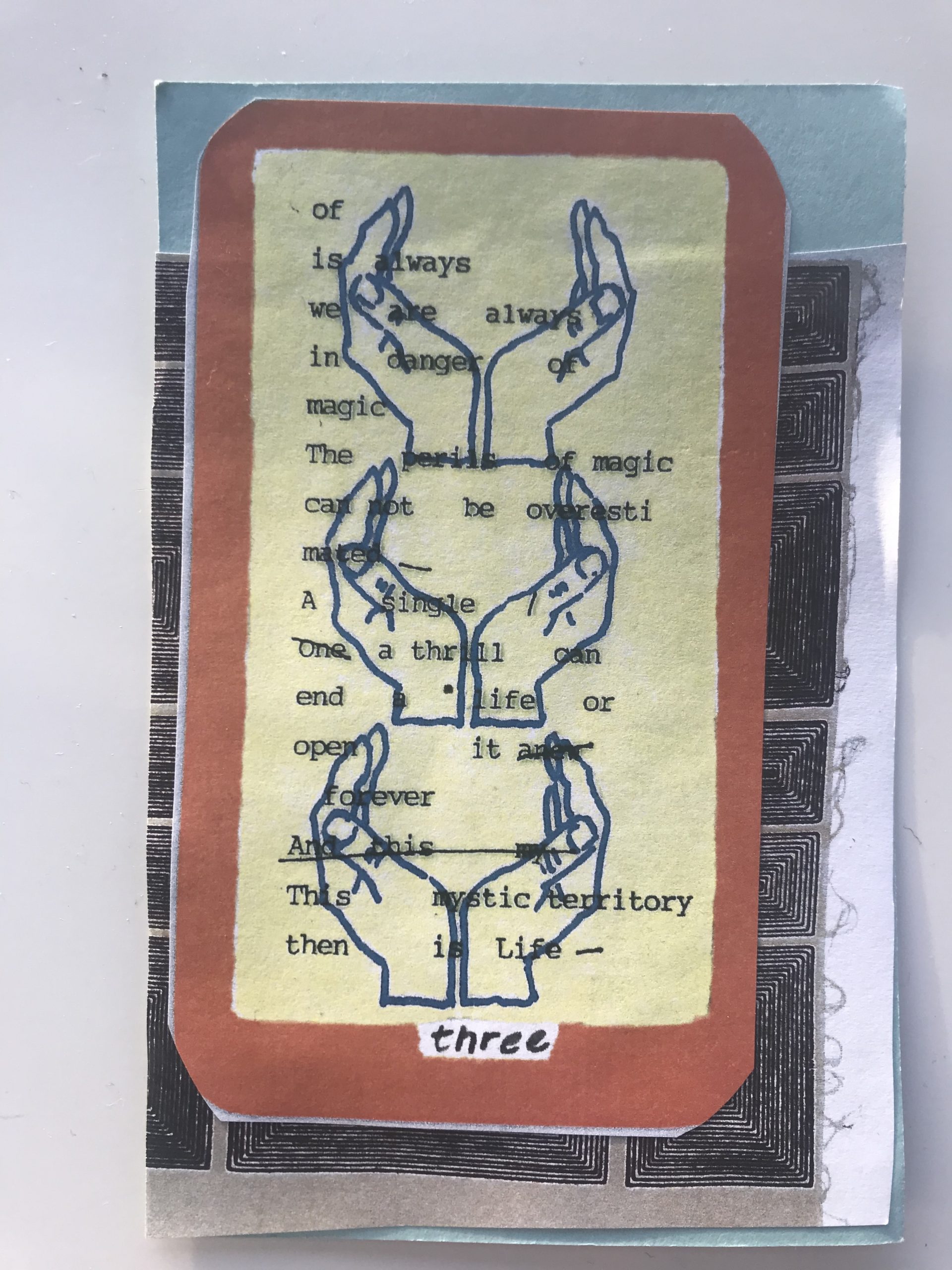
5. To find the ordinary, pay attention to the extraordinary.
Again, there are three important points Kleon makes here:
i. You have everything you need already to create your best work. Conditions are never perfect, but they’re always right.
ii. Slow down. As you go about your day, pay attention, and record what you see.
iii. Pay attention to what you pay attention to. If you’re a notebook keeper, reread your old notebooks from a year ago, five years ago, ten years ago (or reread your tweets, or your blog, or scroll back through your camera roll) … what were you paying attention to, and how has it shown up in your art and in your life?
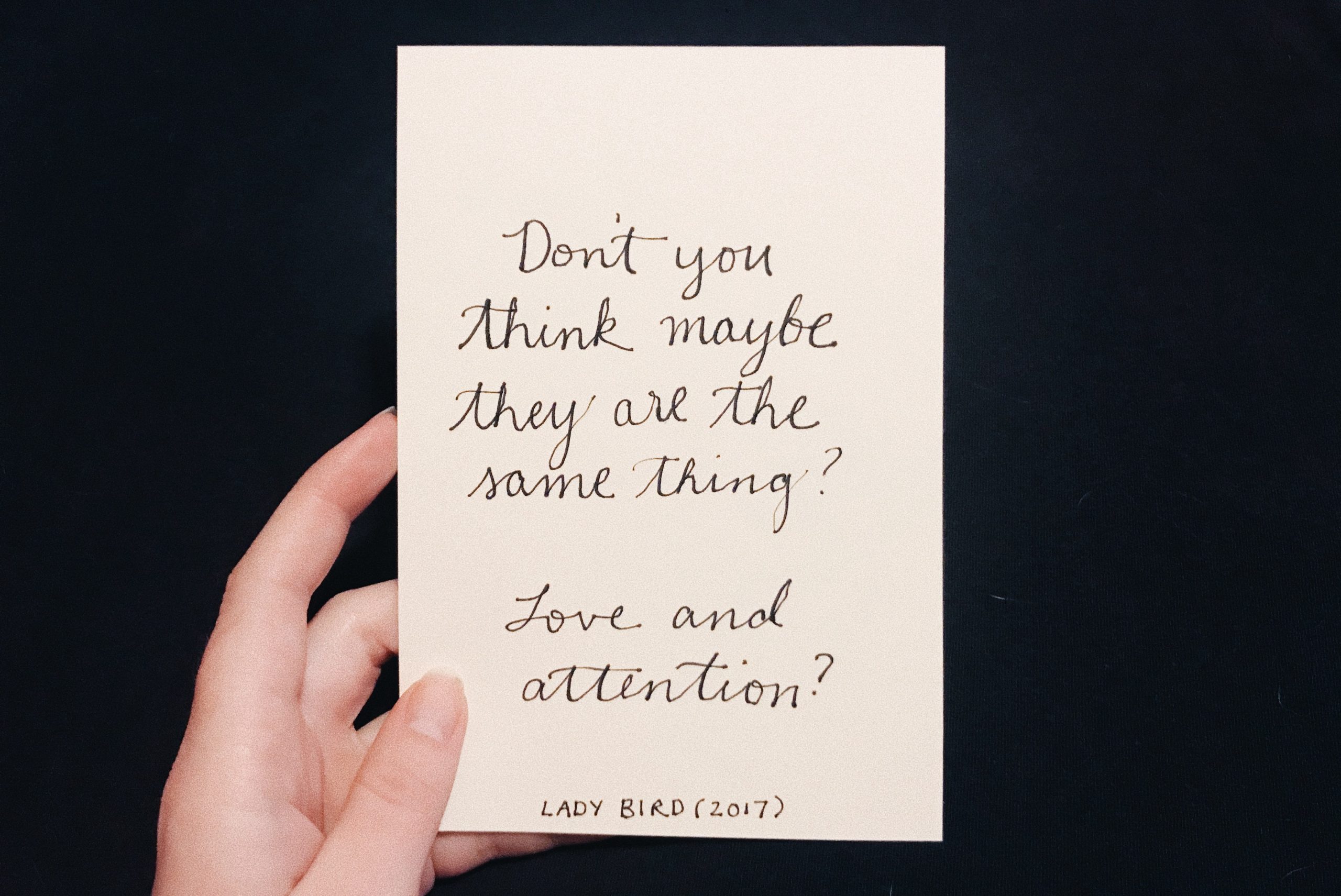
6. Remember that writing is for life (not the other way around).
In the day-to-day of TAing, completing assignments, writing response memos, etc., it’s easy to forget why we wanted to write in the first place … writing makes the world, and our own lives, more beautiful.
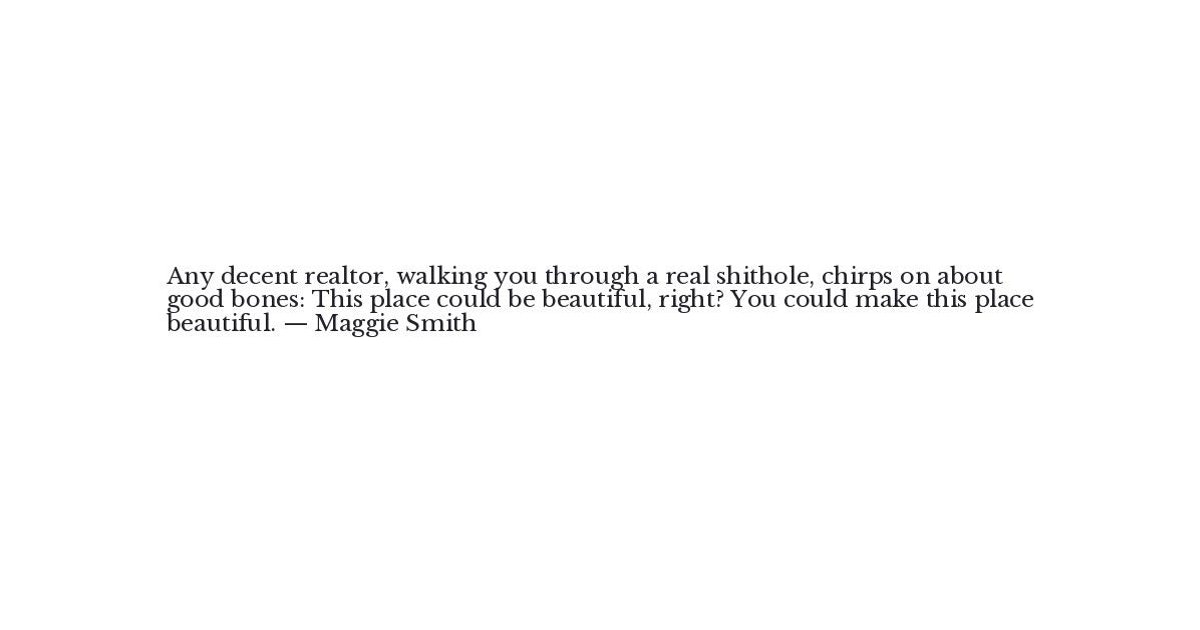
7. You are allowed to change your mind.
We live in an age when people love certainty, but good writing, and good teaching, often means being a little uncertain. Think back to the first story you wrote, or the first seminar you led … I bet you’ve grown a lot since then, and you’ll grow just as much in the future. As scary as change can seem, it’s not a threat; it’s an opportunity.

8. When in doubt, tidy up.
Kleon suggests that you shouldn’t be afraid to let your bliss station get a bit messy, because chances are, when you’re tidying the mess, you’ll find something beautiful.
I love this quotation: “Creativity is about connections, and connections are not made by siloing everything off into its own space. New ideas are formed by interesting juxtapositions, and interesting juxtapositions happen when things are out of place.”
Reminds me of this poetry collage, created by Sheryda’s workshop last semester:
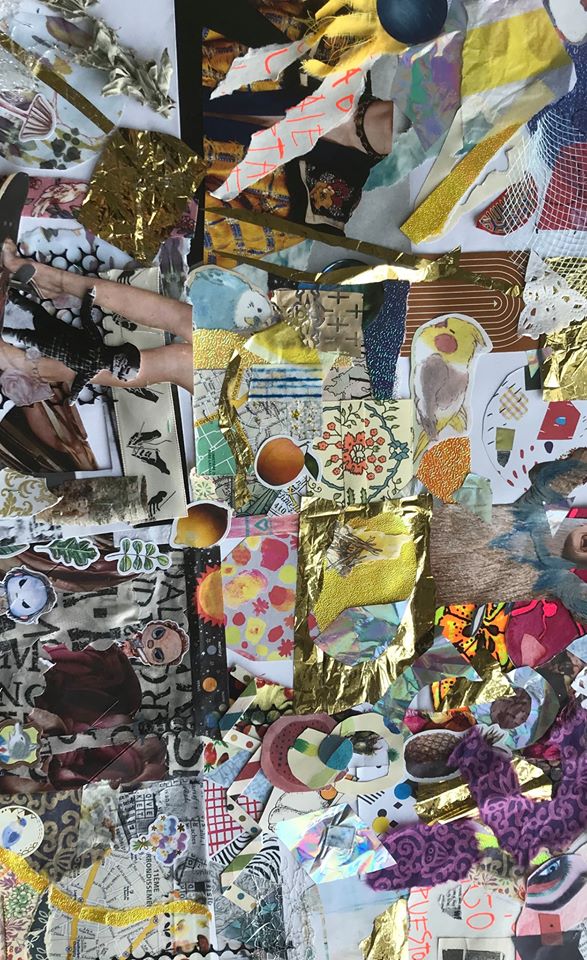
9. Demons hate fresh air.
Bogged down in marking? Can’t get the words right? Struggling to revise your story for the millionth time? Take a break and go for a walk! Fresh air makes everything better.
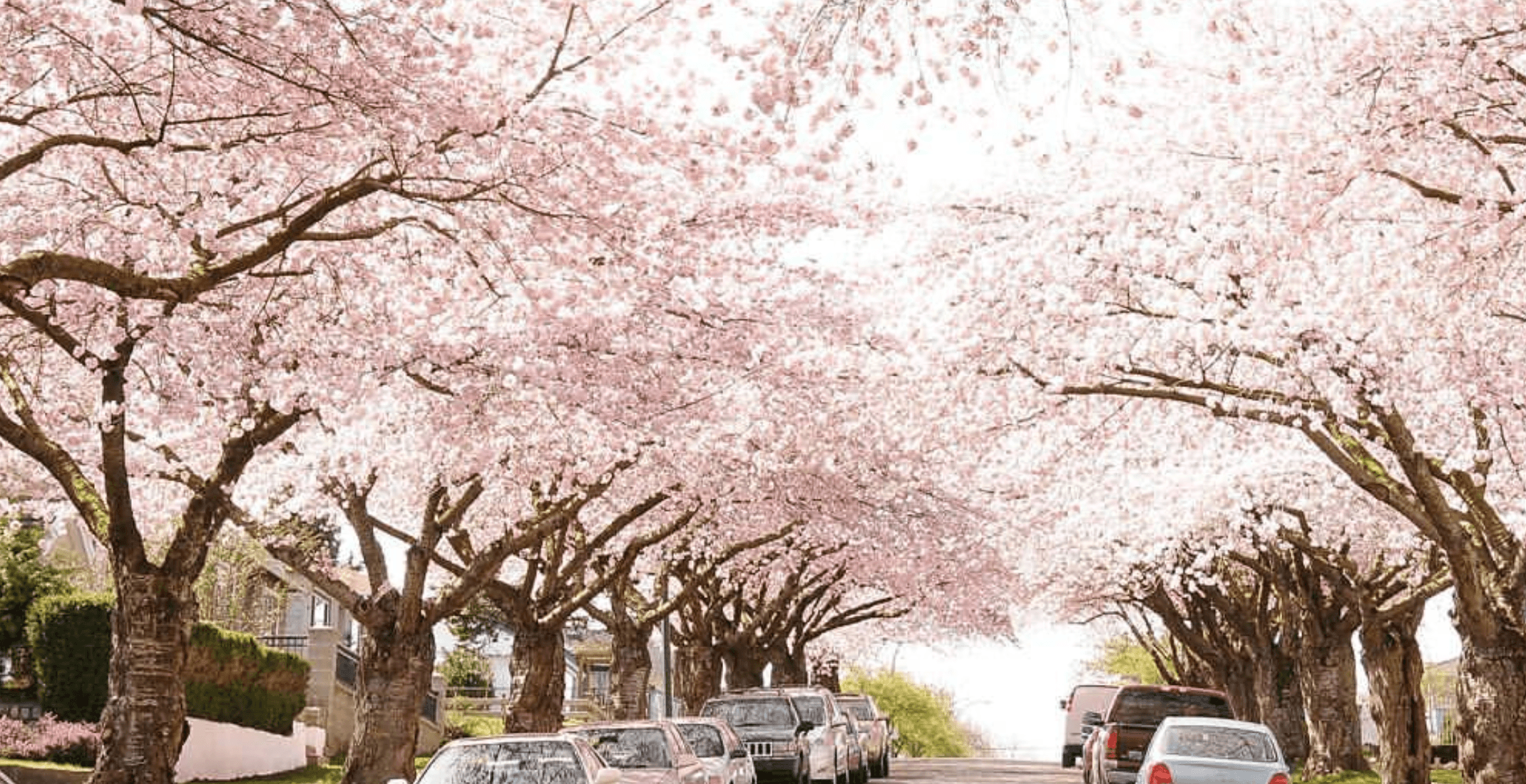
10. Plant your garden.
Remember that, like everything else in life, your artistic practice has its own seasons and rhythms. Is this your creative winter? Be patient — spring always comes.
An image created by Kleon:

Kleon has also written two other books about creativity, Steal Like an Artist and Show Your Work. Check them out if you’re in need of inspo! And no matter what you do … keep going!
